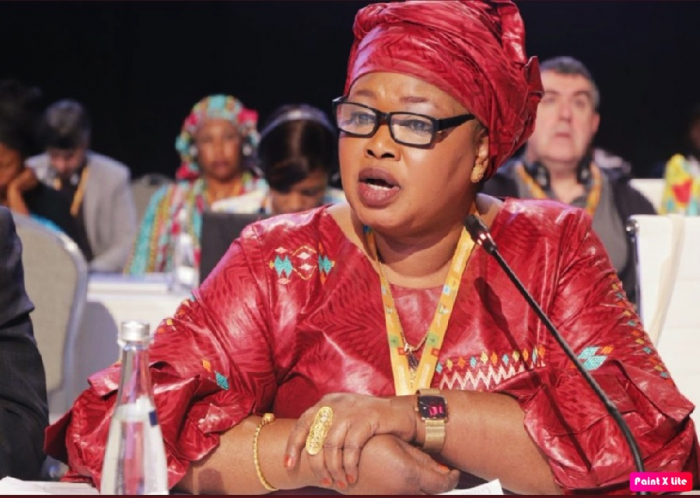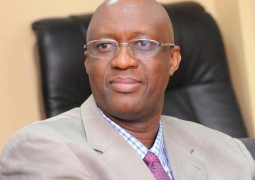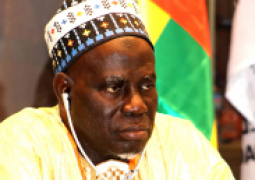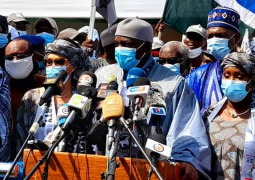
Gambia Participates, who were represented by Marr Nyang the executive secretary, Councillor Abdou Aziz Gaye of Box Bar Ward and Center for Research and Policy Development, who were represented by Sait Matty Jaw, sued Mayoress Rohey Malick Lowe of Banjul who was absent, the Independent Electoral Commission (IEC), were represented by Sulayman Joof, the director of Administration at the Commission and the Attorney General.
The two civil society groups and the councillor are challenging the legality and validity of the mandate accorded to the mayoress to issue attestations to Banjul constituents in the ongoing general voter registration.
Lawyer Abdoulie Fatty appeared for the complainants (Gambia Participates, Councillor Gaye and Center for Research and Policy Development). Lawyer Sasum Sillah appeared for the Mayoress, with Lawyer Kebba Sanyang for the IEC and Lawyer Binga D. appeared for the Attorney General.
The lawyers for the respondents (Mayoress Lowe, IEC and Attorney General) all informed the court that they needed time to reply to the arguments filed by the appellants and on that basis the judge gave the respondents three days to file their responses to the case.
Justice Basiru V.P. Mahoney adjourned the case to Monday for the lawyers to make oral arguments on behalf of their clients. The judge also made orders for each of the respondents to file their briefs of argument latest on Friday at 12:30 p.m. He also gave Lawyer Fatty further two days to reply to the briefs that will be filed by the respondents.
Lawyer Fatty requested 45 minutes to argue, lawyer Sillah also requested 45 minutes to make her oral argument whereas lawyers Sanyang and Binga both requested 30 minutes each to make their oral arguments. Their requests were granted by the judge.
It is the argument of the three appellants that there is no legislation (law) that mandates a “Mayor” to issue attestation to constituents in order to apply for a voter’s card as this power and authority is only vested in village alkalo or district chief (seyfo) as per section12(2)(e). Therefore, they are arguing that the actions of the IEC and the mayoress are in conflict with the laws governing voter registration and are therefore, ultra vires and a grave violation of the Election Act and other relevant laws.
The complainants are contending that the issuance of attestation to constituents of Banjul is unlawful and is not in conformity with the relevant laws governing elections in the country.
They are arguing that the mayoress lacks such powers and her action is a serious contravention of the Elections Act.
They want the high court to make a declaration that the actions of the mayoress of Banjul in issuing attestations to constituents of the City of Banjul in the ongoing Independent Electoral Commission (IEC) general registration of the voters contravenes section 12 (2) (e) of the Elections Act.
Also, they want the court to make a declaration that the actions of the Independent Electoral Commission (IEC) in conferring the power to the Office of the Mayor of Banjul to administer attestation forms generated by the IEC for the purpose of claiming voter cards in the City of Banjul contravenes section 12 (2) (e) of the Elections Act;
They want the high court to make an order quashing the decision of the IEC to bestow upon the mayoress of Banjul the power and authority to issue attestations to the Constituents of the City of Banjul.
Also, they want the court to make an order setting aside all attestation forms endorsed and or issued by the mayoress of Banjul for which voter cards were issued by the IEC. Consequently, an order striking-out and or cancelling all voter cards issued by the IEC that were supported by attestation forms issued and or endorsed by the Mayor of Banjul.





